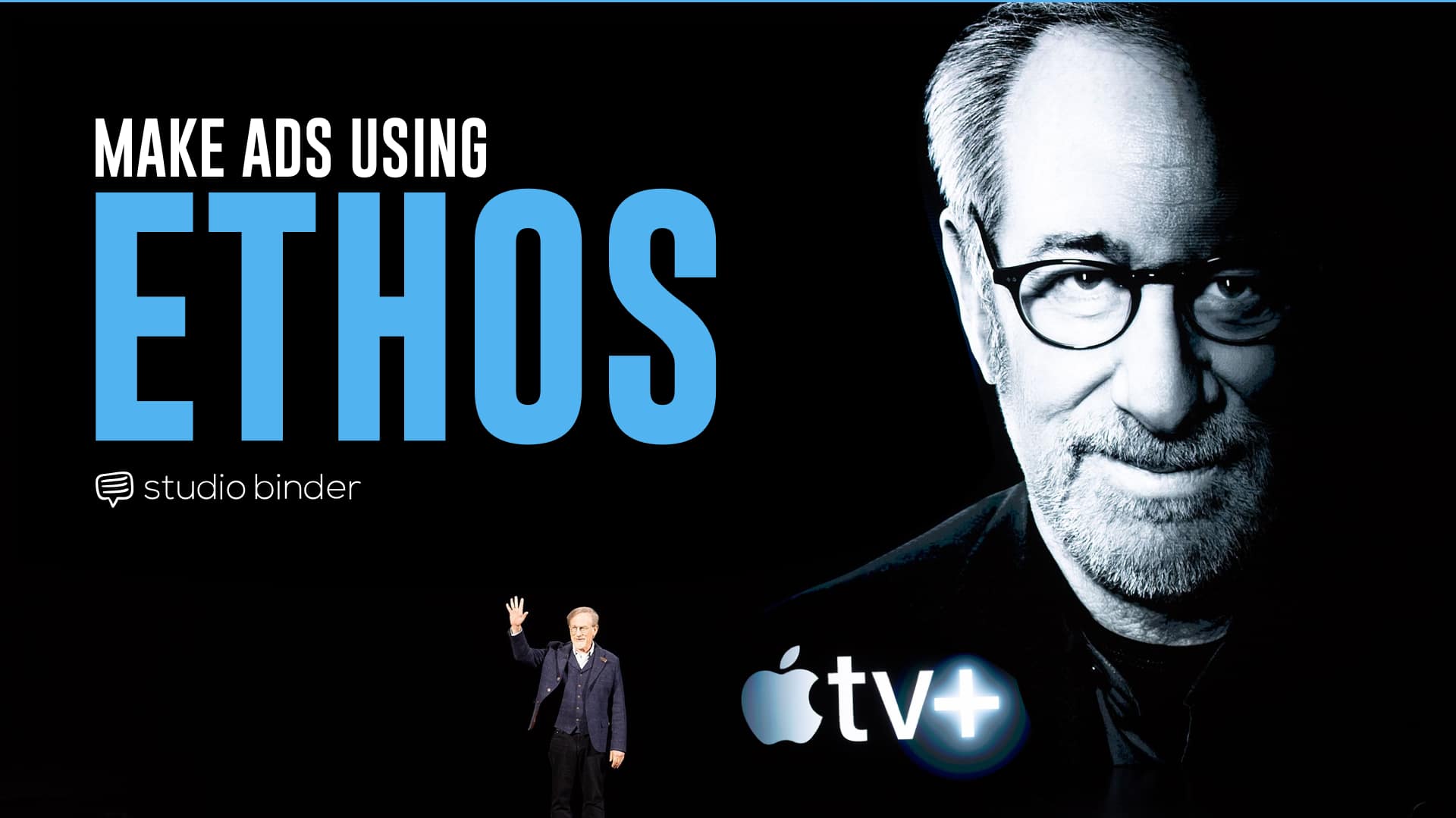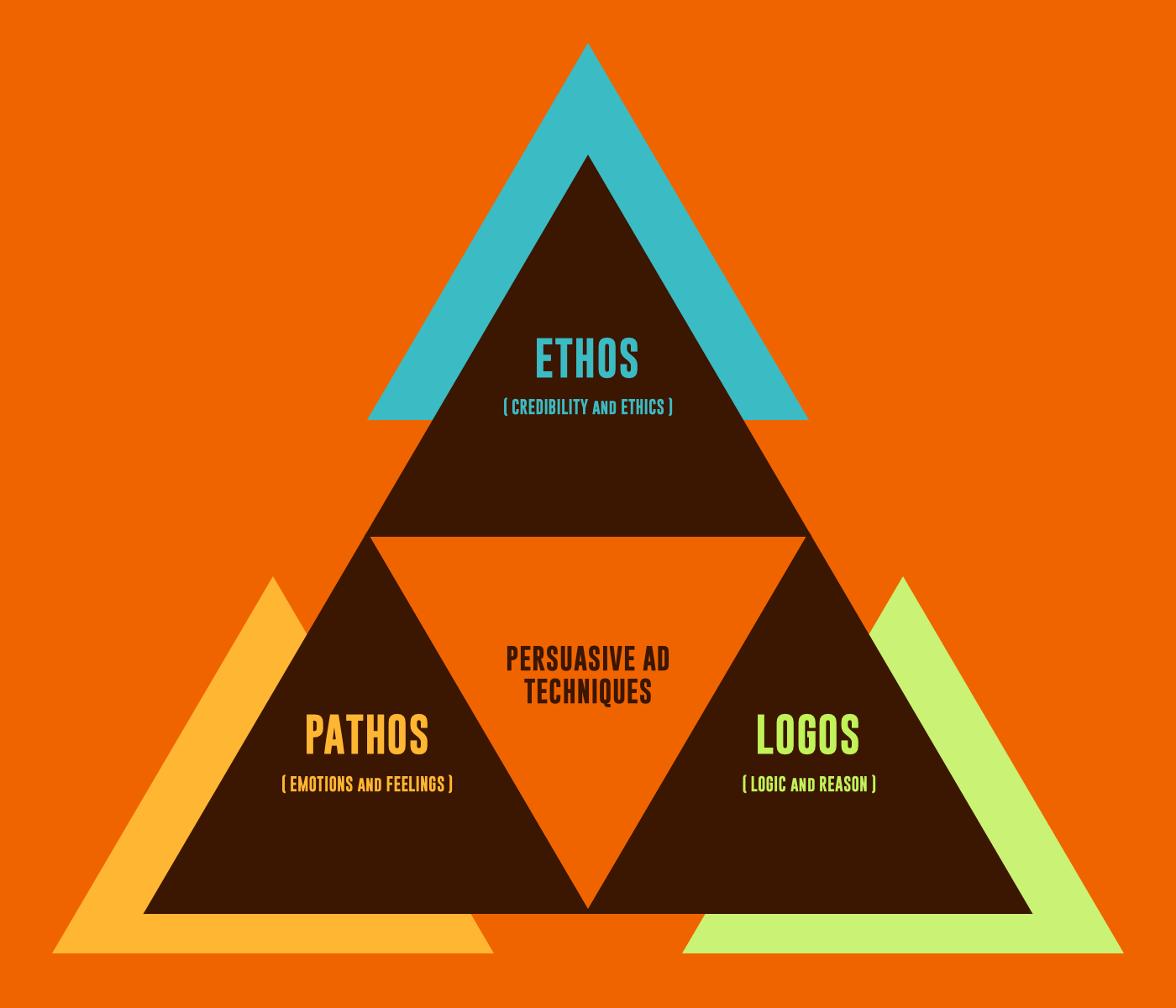In today's competitive marketing landscape, understanding the concept of ethos in advertising is crucial for businesses aiming to build trust and authority with their target audience. Ethos, as a component of Aristotle's rhetorical appeals, focuses on credibility and character, making it an essential element in persuasive communication. By incorporating ethos into advertising strategies, companies can establish a strong connection with consumers and differentiate themselves from competitors.
Ethos in advertising goes beyond just selling products or services. It involves creating a sense of trustworthiness and reliability that resonates with potential customers. When done effectively, this approach can significantly enhance brand perception and foster long-term relationships with the audience. As consumers become increasingly skeptical of traditional advertising methods, the importance of ethos has never been more critical.
This article delves into various examples of ethos in advertising, exploring how brands leverage credibility and authority to influence consumer behavior. We will examine real-world case studies, discuss the psychological aspects of ethos, and provide actionable insights for marketers looking to implement these strategies in their campaigns. By the end of this article, you will have a comprehensive understanding of how ethos can transform your advertising efforts.
Read also:Understanding Dmynet A Comprehensive Guide To Domain Names And Web Hosting
Table of Contents
- What is Ethos?
- Importance of Ethos in Advertising
- Examples of Ethos in Advertising
- The Psychology Behind Ethos
- Building Trust Through Ethos
- Challenges in Implementing Ethos
- Measuring Success of Ethos-Based Campaigns
- Legal Considerations in Ethos Advertising
- Future Trends in Ethos Advertising
- Conclusion and Call to Action
What is Ethos?
Ethos refers to the ethical appeal that establishes the credibility and trustworthiness of a speaker or brand. In the context of advertising, ethos involves showcasing the expertise, values, and integrity of a company to persuade consumers. By aligning with the audience's beliefs and values, advertisers can create a deeper connection that influences purchasing decisions.
For instance, brands often use their history, mission, and commitment to quality as examples of ethos. This approach helps establish a sense of reliability and authority, making consumers more likely to trust the brand's claims. According to research published in the Journal of Advertising Research, advertisements that effectively incorporate ethos tend to perform better in terms of engagement and conversion rates.
Importance of Ethos in Advertising
In an era where consumers are bombarded with countless advertisements daily, standing out requires more than just catchy slogans or attractive visuals. Ethos plays a pivotal role in differentiating brands by highlighting their authenticity and reliability. By focusing on credibility, advertisers can overcome skepticism and build lasting relationships with their audience.
Furthermore, ethos aligns with the principles of YMYL (Your Money or Your Life), ensuring that the information provided is trustworthy and beneficial to consumers. This is particularly important in industries such as healthcare, finance, and education, where misinformation can have serious consequences.
Examples of Ethos in Advertising
Brands across various industries utilize ethos in creative ways to enhance their marketing efforts. Below are some prominent examples of how companies leverage credibility and authority to influence consumer behavior.
Celebrity Endorsements
Celebrity endorsements remain one of the most effective ways to incorporate ethos into advertising. When a well-known and respected figure endorses a product, it transfers their credibility to the brand. For example, Serena Williams' partnership with Nike not only highlights her athletic prowess but also reinforces the brand's commitment to excellence and innovation.
Read also:Understanding The Sagittarius Man Traits Compatibility And Lifestyle
Studies show that advertisements featuring celebrities with high ethical standing tend to resonate better with audiences. According to a report by Nielsen, 63% of consumers trust recommendations from influencers and celebrities, making this strategy highly effective.
Expert Testimonials
Another powerful example of ethos in advertising is the use of expert testimonials. Brands often collaborate with industry professionals to validate their products or services. For instance, skincare companies frequently feature dermatologists in their campaigns to demonstrate the scientific backing of their formulations.
This approach not only enhances credibility but also provides consumers with valuable insights into the product's effectiveness. A study published in the Journal of Consumer Psychology found that advertisements featuring expert endorsements increased purchase intent by 45% compared to those without.
The Psychology Behind Ethos
The effectiveness of ethos in advertising can be attributed to several psychological principles. One key factor is the halo effect, where positive attributes of a spokesperson or brand are transferred to the product being advertised. Additionally, social proof plays a significant role, as consumers are more likely to trust recommendations from individuals they perceive as credible.
Another important aspect is the concept of authority bias, where people tend to comply with suggestions from figures perceived as experts. This phenomenon explains why advertisements featuring doctors, scientists, or other authority figures often perform better. By tapping into these psychological mechanisms, advertisers can create more persuasive and impactful campaigns.
Building Trust Through Ethos
Trust is the foundation of any successful advertising campaign, and ethos serves as a powerful tool for building this trust. Brands can achieve this by consistently delivering on their promises, maintaining transparency, and demonstrating a commitment to ethical practices. For example, Patagonia's emphasis on sustainability and environmental responsibility has earned it a reputation as a trustworthy and socially conscious brand.
In addition to ethical behavior, brands can enhance trust by providing detailed information about their products, including ingredients, manufacturing processes, and certifications. This level of transparency reassures consumers that the brand prioritizes their well-being and satisfaction.
Challenges in Implementing Ethos
While ethos offers numerous benefits, implementing it effectively can present challenges. One common issue is the risk of misalignment between the spokesperson's values and those of the brand. If the two are not congruent, the advertisement may come across as inauthentic, undermining its effectiveness.
Another challenge is the potential for negative publicity if the spokesperson or brand becomes associated with controversy. For instance, if a celebrity endorser is involved in a scandal, it can damage the reputation of the brand they represent. To mitigate these risks, companies must conduct thorough due diligence when selecting partners and maintain open lines of communication.
Measuring Success of Ethos-Based Campaigns
Evaluating the success of ethos-driven advertising campaigns requires a combination of quantitative and qualitative metrics. Key performance indicators (KPIs) such as brand awareness, consumer trust, and purchase intent can provide valuable insights into the campaign's effectiveness. Additionally, tracking engagement metrics like social media interactions and website traffic can help gauge audience interest and response.
Surveys and focus groups can also be used to gather feedback from target audiences, offering deeper insights into how the campaign resonates with them. By analyzing these data points, advertisers can refine their strategies and optimize future campaigns for better results.
Legal Considerations in Ethos Advertising
When incorporating ethos into advertising, it is essential to adhere to legal and regulatory guidelines. In many jurisdictions, there are strict rules governing the use of endorsements and testimonials to ensure they are truthful and not misleading. For example, the Federal Trade Commission (FTC) in the United States requires that any material connections between endorsers and advertisers be disclosed.
Additionally, brands must ensure that their claims are substantiated and that any expert endorsements are based on credible evidence. Failure to comply with these regulations can result in legal penalties and damage to the brand's reputation. By staying informed about relevant laws and best practices, advertisers can avoid potential pitfalls and maintain compliance.
Future Trends in Ethos Advertising
As technology continues to evolve, so too will the strategies used to incorporate ethos into advertising. One emerging trend is the use of virtual influencers, digital avatars designed to embody specific values and characteristics. These virtual figures offer brands the opportunity to create highly controlled and consistent representations of ethos without the risks associated with human endorsers.
Another trend is the increasing emphasis on corporate social responsibility (CSR) and sustainability. Consumers are becoming more conscious of the environmental and social impact of their purchases, making it crucial for brands to align their ethos with these values. By prioritizing ethical practices and transparent communication, companies can build stronger connections with their audience and remain competitive in the marketplace.
Conclusion and Call to Action
In conclusion, ethos plays a vital role in modern advertising by establishing credibility, trust, and authority. Through examples such as celebrity endorsements and expert testimonials, brands can effectively leverage ethos to influence consumer behavior and drive business success. By understanding the psychology behind ethos and addressing potential challenges, advertisers can create impactful campaigns that resonate with their target audience.
We invite you to share your thoughts and experiences with ethos-based advertising in the comments below. Have you encountered any particularly effective examples of ethos in action? Additionally, explore our other articles for more insights into marketing strategies and trends. Together, let's continue the conversation about how ethos can transform the advertising landscape.

